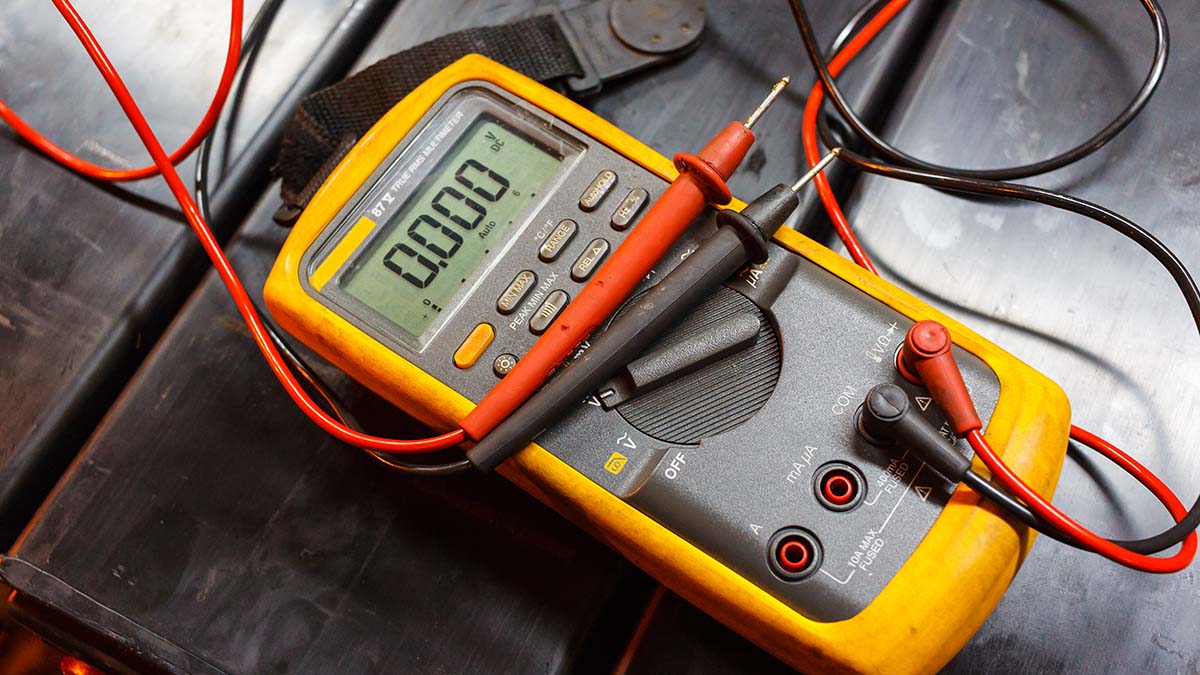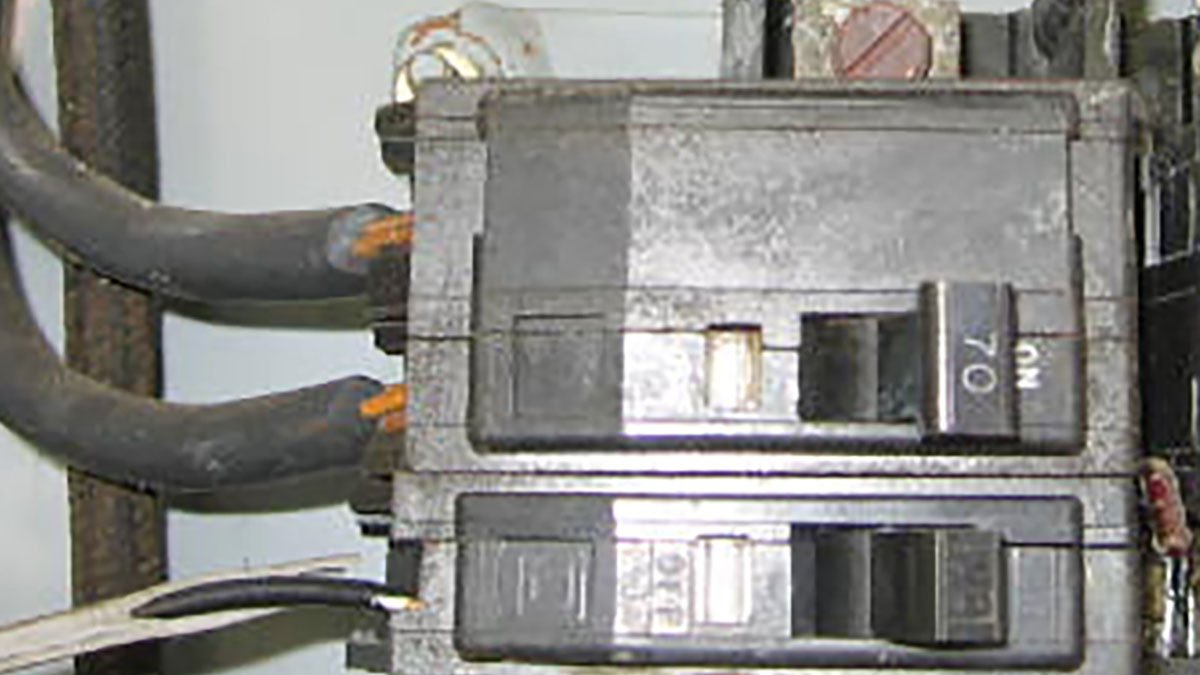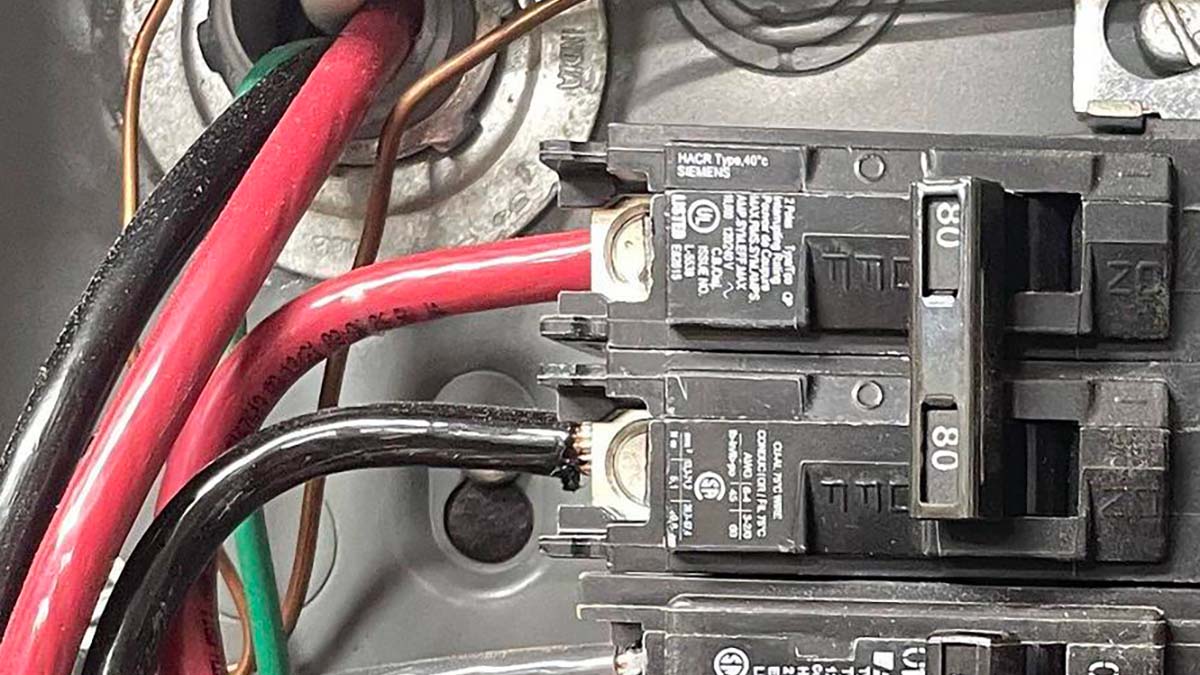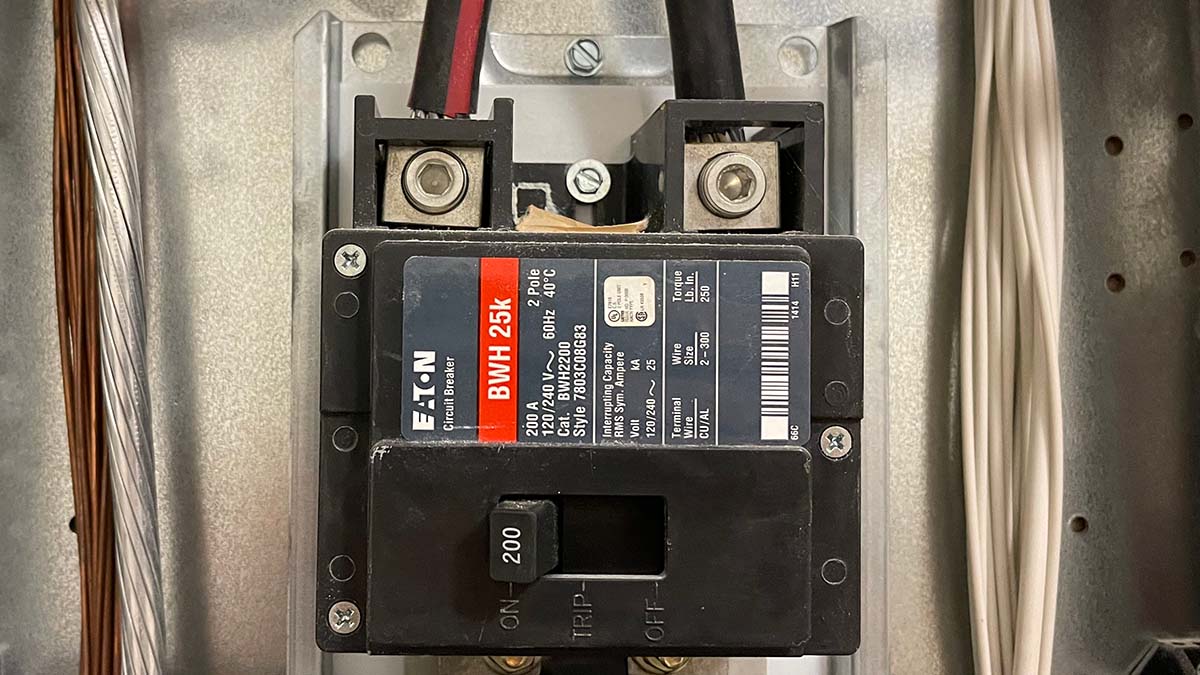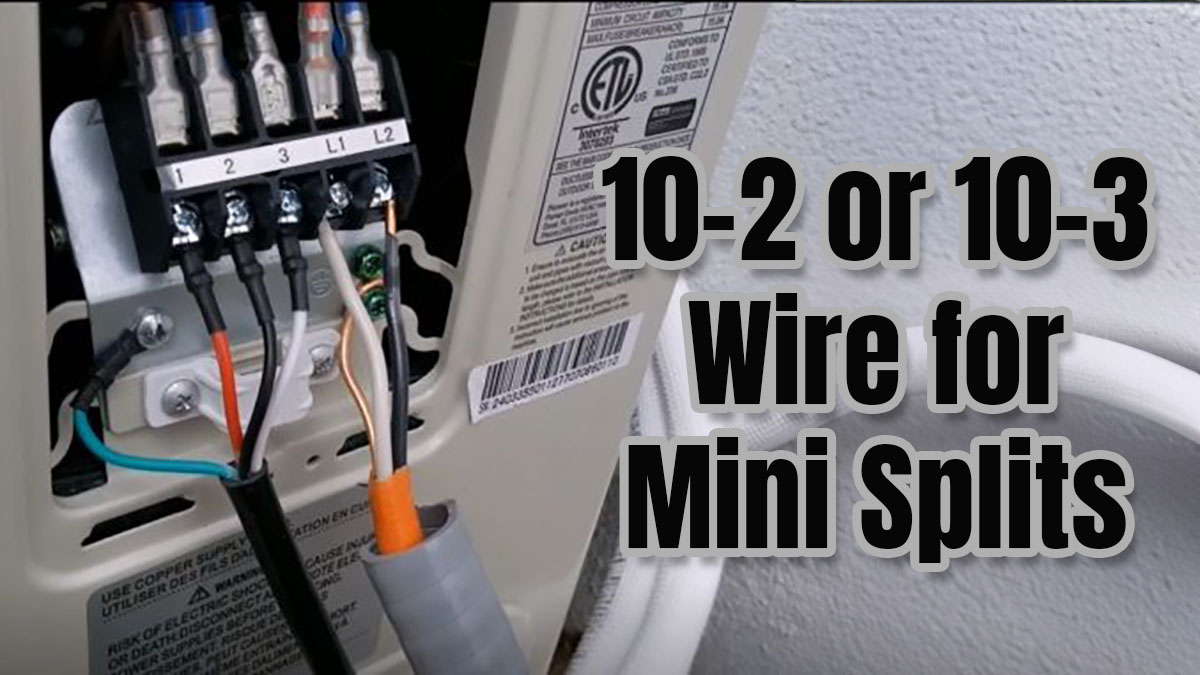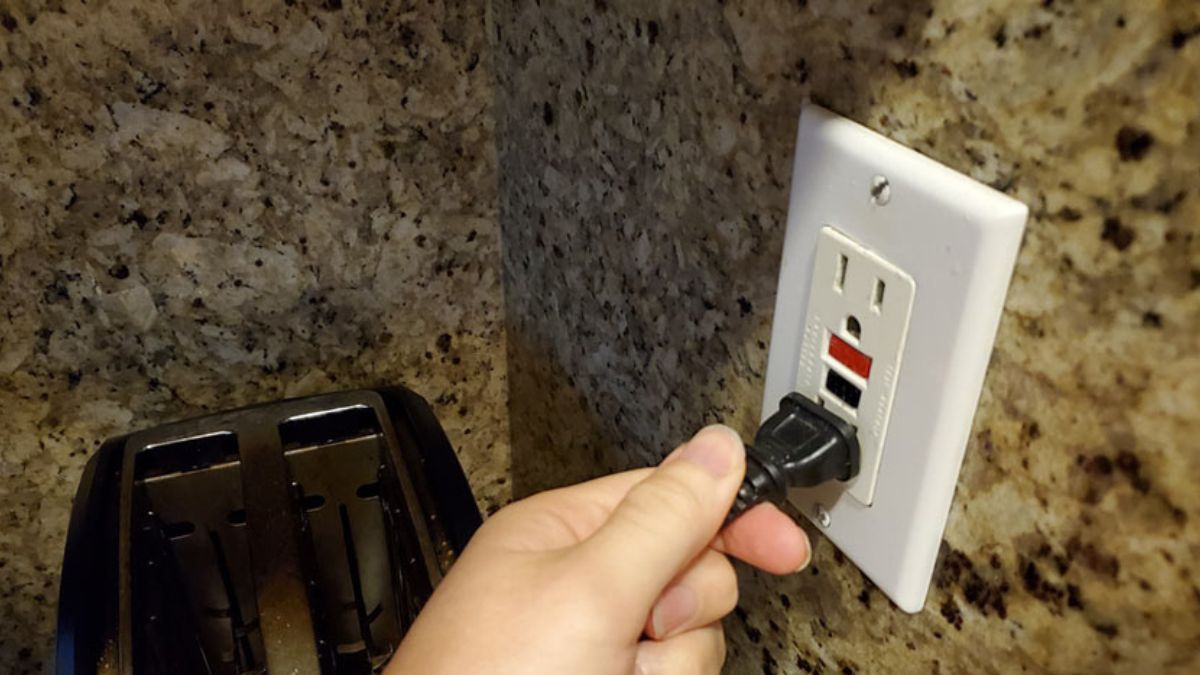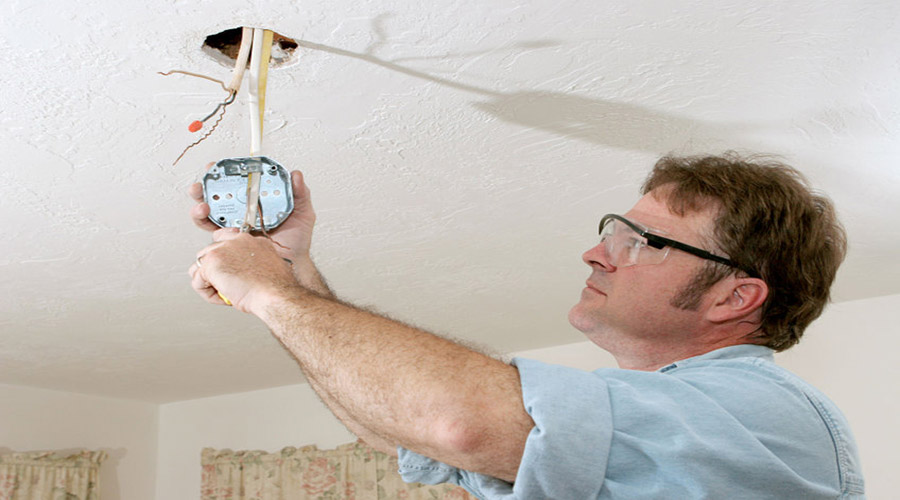
You can negotiate with electricians. But it would help if you knew what you were doing before doing so to get the best deal possible.
Negotiating with an electrician is a learned skill. Some of the things you can do to cut costs include:
- Determining average prices in your area
- Asking for and comparing multiple quotes
- Requesting for a cost breakdown
- Purchasing materials yourself
- Bundling your electrical projects
- Asking for a work guarantee
- Being polite and reasonable
Electricians tend to charge relatively high prices, which is why every dollar off your bill counts. This article discusses why electricians charge such high fees and the various strategies to save money when hiring them.
Why Do Electricians Charge So Much?
Electricians charge $40 to $100 per hour on average. Master electricians can charge up to $120 an hour. In addition, they tend to charge $75 as a call-out service fee. So, for a standard electrical job, expect to spend anywhere from $141 to $419. That is not cheap.
But good reasons exist for why electricians charge so much.
First, electrical work is hazardous. Research shows that about 7% of all deaths that occur in building trades involve electricians.
It’s safe to say that a simple visit to fix an appliance or light fixture could kill the contractor you hire. For that reason, electricians tend to carry multiple types of insurance, such as worker’s insurance and health insurance. And the premiums are costly, thus necessitating that electricians pass those costs to their clients.
Another reason why electricians charge so much is that they invest a lot of time and money learning their trade. The first step to becoming a licensed electrician is joining an apprenticeship training program for four or five years. That involves both classroom instruction and on-the-job training totaling about 2,000 hours.
After completing the apprenticeship program, electricians must undertake a state exam on building codes and electrical applications. After passing the exam, that’s when they get their license. At that point, they become an electrical journeyman.
Becoming a master electrician requires a licensed journeyman to have four years or 8,000 hours of additional work experience gained under supervision. Alternatively, such a contractor must undertake a two-year degree or certificate in electrical studies. Thus, hiring a master electrician will cost much more for the additional experience and expertise.
Negotiating With Electricians
Below are the strategies you can use when negotiating with electricians.
1. Determining Average Prices in Your Area
Before you negotiate with an electrician, you need to determine the average prices in your area. That means taking a look at the hourly or per-project. So, bear in mind that the charges tend to vary based on location, local taxes, and professional experience.
For example, if you are a resident of New York City, an expensive area to live in, expect to pay an average of $1,304 for electrical work. On the other hand, if you lived in a cheaper area such as Charlotte, NC, you would pay an average of $903 for similar work.
Similarly, you would pay much less for an electrician under apprenticeship than you would for a journeyman electrician. And should you opt for a master electrician’s services, expect to pay much higher costs for the work that needs doing.
Knowing the standard rates for an electrician in your area gives you an idea of how to negotiate. Based on the everyday prices in your area, you can tell straight away whether you are being taken for a ride or not.
2. Asking For and Comparing Multiple Quotes
If you know what kind of work you need to do, you can ask several reputable electricians to visit your property and give you a quote. But first, ensure that the electricians you call usually offer free estimates, especially for installations or electrical upgrades.
However, if you have no idea what the problem could be, prepare to pay for troubleshooting services. And in such a case, it would help if you asked for the costs upfront. Usually, electricians charge by the hour for these kinds of services.
Another thing you should do is to ensure the electrician writes down the quotes. That will enable you to have a point of reference and evidence to back you up if the deal you make goes sour.
Always let the electrical contractors know that you have also asked other electricians to provide you with quotes. It not only shows that you know what you are doing, but it also motivates them to charge you fairly so they can get the job.
You can then compare the prices and determine which professional is within your budget. That alone could save you hundreds of dollars once you select someone to work for you.
3. Requesting For a Cost Breakdown
For starters, you should ask for the costs to be broken down based on the materials and labor. But you also need to request a more detailed breakdown to know what kind of materials you need and what each will cost you. That ensures there are no hidden charges the electrician cannot explain.
The labor and service charges are also worth paying close attention to. One detail you should look out for is the travel costs, which vary from one electrical professional to another. These costs could be associated with the overall hourly fee, each site visit, or one flat rate. You can then find ways of negotiating down such costs.
Depending on how long your electrician estimates the work will take, you can determine the amount you will be paying for the travel costs, which may affect your final bill. And you could then negotiate for lower fees. Perhaps, you could offer to avail yourself for several full days so the work could be done in less time, which means the travel costs would reduce.
Furthermore, asking for a cost breakdown also allows you to ask for professional opinions to cut material costs. You could start by asking, “Is there a way I can cut down some of these costs?”
Depending on what you need doing, an electrician could suggest an alternative wiring product or electrical appliance that does a similar job. For example, copper wiring has a high level of heat resistance and tends to resist corrosion better. As a result, it is pretty expensive.
So, your electrician could end up suggesting you use a cheaper alternative, such as aluminum wiring. In the end, you could save as much as 75 to 80 percent using the latter.
4. Purchasing Materials Yourself
Sometimes, it is better to purchase the materials yourself rather than have your electrician do it for you. And make sure you buy enough materials so that they don’t run out while the work is ongoing.
However, you need to remember that electricians may have industry connections that enable them to get discounts from their regular suppliers, which they can pass on to you.
But if you know suppliers who can provide you with the materials you need at a much cheaper cost, you can negotiate for labor only. That would allow you to save money on the overall electrical costs.
If you plan on buying materials, you’ll need the electrician to provide you a materials list to ensure you are purchasing everything the electrician needs.
5. Bundling Your Electrical Projects
Unless you have an electrical emergency, it makes sense to wait until you have several jobs available before hiring an electrician. And you can do that during slow times when there is less demand for electrical service providers.
Bundling your projects enables you to get more significant discounts during the negotiation process because you will be offering more and longer-term work. It also puts you in a position to get better deals from suppliers because you will be buying more products from them.
6. Asking For a Work Guarantee
Always ask the electrician you hire to provide a work guarantee in writing. That assures you that you will get high-quality work. It is unlikely that contractors who do shoddy work will offer that kind of guarantee.
And if something goes wrong with the work done, you won’t have to pay more for the services. Instead, the electrician in question will do the repairs for free, thus saving you money.
7. Being Polite and Reasonable
Never underestimate your conduct’s ability to get electricians to lower their prices. The negotiation process does not have to be heated and full of ill-will. Being nice is an excellent negotiation strategy.
Electricians are human beings like everyone else. And they will likely react badly if you are nasty. By nicely but firmly asking for a price discount while showing a willingness to collaborate and find a win-win pricing solution can get you an excellent deal.
Here are three simple tips for becoming a better negotiator:
Final Thoughts
There is no one-size-fits-all pricing solution for electricians. What others consider a fair price may not be acceptable to you. So, it helps to negotiate for a deal that best suits your budget. And when negotiating, be friendly and reasonable.
However, it would be wise to have a red financial line you will not cross. That way, if an electrician refuses to compromise, you can refuse the offer and walk away without looking back. After all, it is your hard-earned money. You have every right to get your money’s worth.


